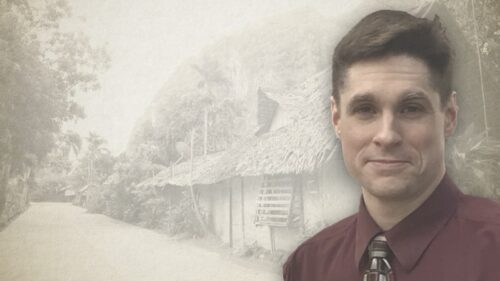The Origin Of The Reformed Baptist Movement In America
How often do we hear the Reformed Baptists (RB) lay claim to the historic legacy of the Particular Baptists (PB), as if the two groups are one and the same? The English RB’s lay claim to this heritage based on their requisition of historic PB chapels and the imposition of ‘reforms’ they have made to the churches. The American RB’s lay claim to it based on their perceived oneness with the seventeenth century PB’s, responsible for drawing up the 1689 Confession. Since the RB’s are ‘confessional’, subscribing to the 1689 as the standard statement around which their movement is solidified, so it is assumed the PB’s have always been ‘confessional’, subscribing to the same statement for the same reason. Henceforth, if the PB’s were 1689 ‘confessionalists’, and the RB’s are 1689 ‘confessionalists’, then the RB’s must be the legitimate heirs of the PB’s. However, if this be true, how does one respond to the following points:
- The PB’s exist today as a separate denomination, distinct from the RB’s—they have a direct historic link to the seventeenth century churches which bear that name.
- The PB’s never subscribed to Presbyterian ‘confessionalism’—the 1689 Confession has never been used as an authoritative standard for denominational conformity (this is strictly a RB position).
- The seventeenth century PB’s who retained a covenant theology reflective of the 1689 Confession eventually adopted the views of Andrew Fuller, the churches of which joined the Baptist Union, amalgamating with the General Baptists, leading to the Downgrade Controversy of the late nineteenth century, and fading into oblivion.
- The seventeenth century PB’s who subscribed to a covenant theology reflective of Keach’s 1697 Confession eventually adopted the views of John Gill, the churches of which formed their own local associations, remaining separate from the Fullerite and General Baptists, bequeathing to the twentieth century the main body of chapels which would be commandeered and ‘reformed’ by the English RB’s.
- The teachings of the RB’s are a mixture of Presbyterianism, 1689 covenant theology and eighteenth century Fullerism, the combination of which is not representative of either branch of the PB’s.
In an interview with David Dykstra and Larry Vincent, conducted by BaptiBot ConfessingBaptist, a YouTube channel dedicated to “reformed resources from a 1689 perspective”, the origin of the RB Movement in America is traced to the year 1967 (not 1633). You may also learn about its origin in England here.
Jared Smith served twenty years as pastor of a Strict and Particular Baptist church in Kensington (London, England). He now serves as an Evangelist in the Philippines, preaching the gospel, organizing churches and training gospel preachers.
Jared Smith's Online Worship Services
Jared Smith's Sermons
Jared Smith on the Gospel Message
Jared Smith on the Biblical Covenants
Jared Smith on the Gospel Law
Jared Smith on Bible Doctrine
Jared Smith on Bible Reading
Jared Smith's Hymn Studies
Jared Smith on Eldership
Jared Smith's Studies In Genesis
Jared Smith's Studies in Romans
Jared Smith on Various Issues
Jared Smith, Covenant Baptist Church, Philippines
Jared Smith's Maternal Ancestry (Complete)





